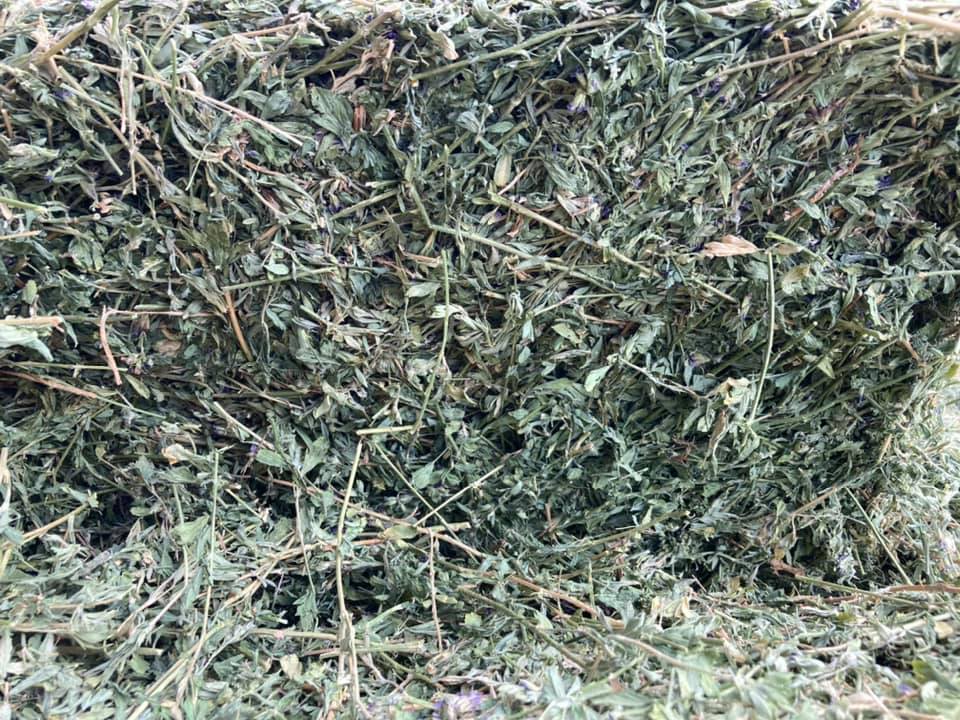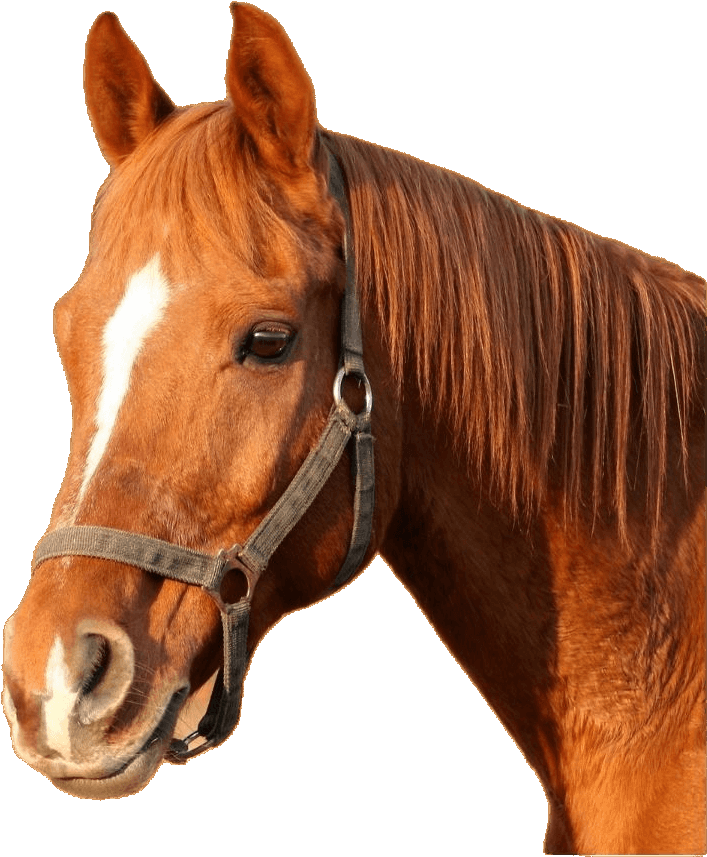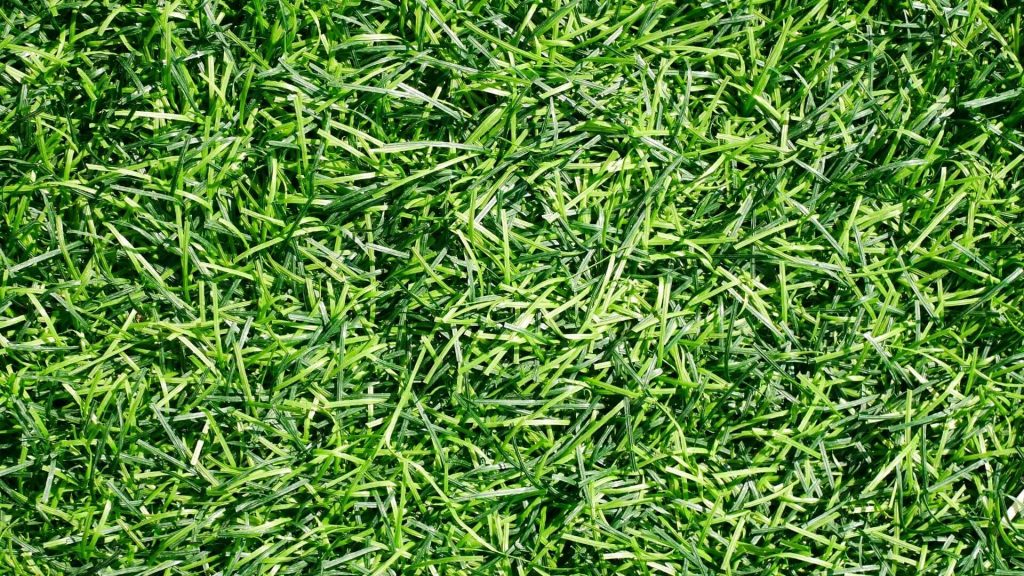
What is Alfalfa Hay?
Alfalfa hay is also known as “lucerne” in other parts of the world. A perennial flowering crop part of the legume family called “Fabaceae.” Alfalfa finds its origins in Californian during the 1850s. It’s said that it was brought into the California desert from Chile. Soon after, this crop adjusted so well to the climate and soil that it became one of the best-selling crops in and outside California. And WE have it!
Alfalfa requires a lot of water during cultivation, water availability plays a massive role in its development.
Moreover, it’s the dominant crop grown in Imperial Valley, a county located in California.
This info may be a bit boring, but it’s important because it’s considered the most important crop for producing hay in California and thus has made California a prime candidate for hay exports and businesses. It accounts for a value of at least 85% of all hay production.
After the 1920s, the farming of Alfalfa Hay in California has grown up to 1.2 million acres. The growth of this industry fluctuates depending on how profitable the alternative crops are each season. Because Alfalfa Hay requires a lot of water during cultivation, water availability plays a massive role in its development.
Moreover, Alfalfa Hay is the dominant crop grown in Imperial Valley, a county located in California. It is also said that the foundation for agriculture in the Imperial Valley kick-started with the growth of Alfalfa Hay. As a perennial crop, Alfalfa Hay, once sowed, can grow for you to five years with proper care.
By far, Alfalfa is considered the most important crop for producing hay in California and thus, has made California a prime candidate for hay exports and businesses. It accounts for a value of at least 85% of all hay production.
Our Alfalfa is premium quality and comes packed with high protein content. The exceptional leaf pattern of this Hay is hands down, the best you can find anywhere. This type is ideal for both working or competing animals such as horses because of its high protein content and the nutrition it provides. It is also known to help animals prone to hindgut issues, including stomach ulcers.
Alfalfa is known for its premium quality protein and fiber content which is much more palatable than other crops. It is also an excellent source of energy, vitamins and minerals when consumed by animals.
Like any other leguminous crop, Alfalfa crops are good sources of phytoestrogens, including coumestrol, spinasterol, and coumestan. Because of the presence of these phytoestrogens, farmers should adequately manage the feed of their breeding animals. If not looked into properly, it can reduce the fertility rate of animals. The best way to control phytoestrogens such as coumestan levels is to make sure that you constantly have well-irrigated fields of Alfalfa crops.
The Alfalfa Hay thrives under proper irrigation, and therefore California’s climate is well suited for this crop’s development. A common misconception of Alfalfa hay is that they require a lot of water to harvest. Since Alfalfa hay is a perennial crop, it looks like they need a lot of water. Still, when you weigh the amount of water needed for irrigation with the cultivation process of the crops, the water usage is not high. Alfalfa hay grows all year long without needing to be replanted at about 500,000 acres of land.
So in retrospect, Alfalfa crop cultivation is water-efficient with added value to yield rather than a waste of water. As a matter of fact, Alfalfa Hay was one of the first-ever crops to be grown with irrigation out of California.


Teff hay, like Alfalfa Hay, is a perennial crop that is grown during the warm seasons. In fact, the harvest and growth of both types of crops are similar, and the Teff crop is mainly cultivated for livestock use and hay production.
Animals seem to love this crop due to the high palatability of the leafy stems it grows. Plus, it is high in protein and very nutritional for animals with health problems. Teff hay is fast growing and high yielding, which is why many hay suppliers like to harvest Teff hay for the feed value.

Bermuda hay is a perennial crop that is grown during the warm season. It is a sod-forming pasture forage plant, one of the essential crops for hay producers. Bermuda hay is a high-yielding crop that can give you about 7 tons per acre, as long as the conditions for growth are ideal.
It needs a lot of moisture and proper management of the crops during the cultivation period.
